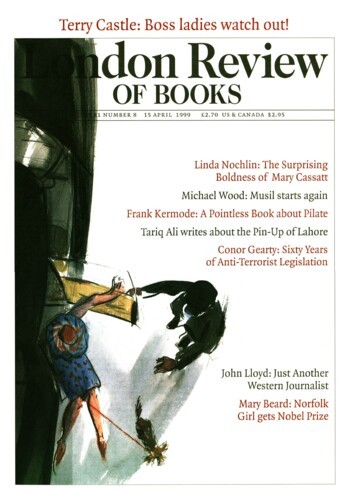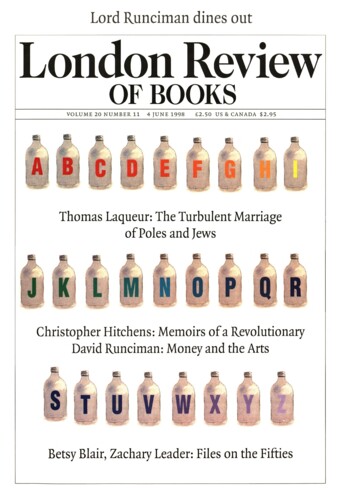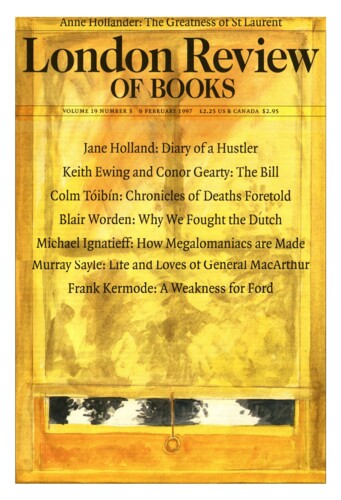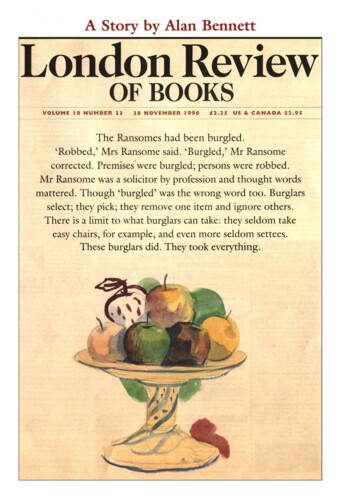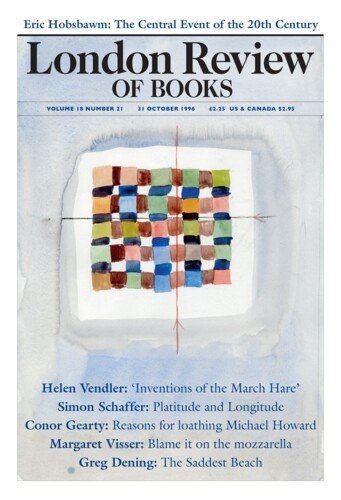Finding an Enemy: Sixty Years of Anti-Terrorist Legislation
Conor Gearty, 15 April 1999
In the last week of July 1939, just before the summer recess, a hitherto unannounced Bill was sprung on the House of Commons. It was said by the Government to require immediate enactment, and was duly passed by the lower House in two days, becoming law a couple of days later, after an afternoon amble through a supportive House of Lords. It was the Irish in general, and the IRA in particular, who provided the explanation for this contrived panic, which could not be justified even from statistics available at the time. (The worst IRA atrocity of this period, the killing of five people in Coventry’s main shopping area on 25 August 1939, came after, not before the Act.) In the six months to July, the police had managed to bring 66 suspects to trial for offences connected with IRA attacks without this emergency law.
